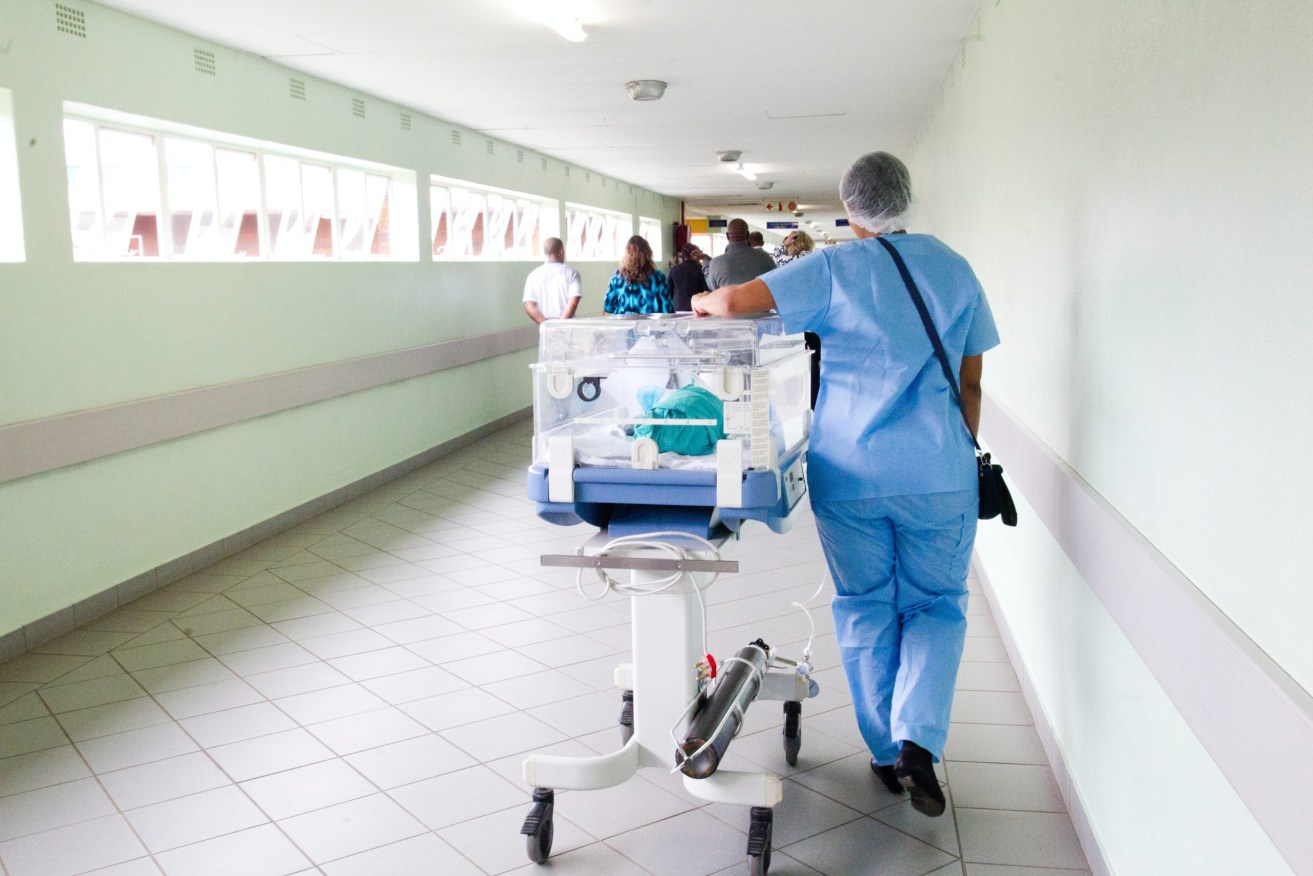Bush remedy: Could Goondiwindi help deliver a solution to Queensland’s doctor shortage?
Goondiwindi GP Matt Masel says he is in the advanced stages of meeting Health Minister Yvette D’Ath for urgent talks, where he will present his “collaborative healthcare model” as the best way forward to getting more doctors into regional areas.


The talks come as Queensland battles shortages of specialist doctors and other health staff that have led to temporary closures of maternity units, strained hospital emergency departments and long wait times for patients to see a GP.
Further political heat will come closer to D’Ath next week, with the LNP Opposition planning a public forum in her home electorate of Redcliffe where the focus will be on the government’s health and youth crime record.
Masel, who also heads the Rural Doctors Association of Queensland, has long advocated for the collaborative model he will discuss with D’Ath.
As previously reported by InQueensland when Goondiwindi led the state’s vaccination rates, the model sees health professionals from across disciplines and specialities – from obstetricians, anaesthetists and midwives – work as a team, with a rural generalist doctor coordinating the care and working across general practice and with scope to also work in the local hospital.
According to Masel, the model has also worked well in other centres such as Longreach, Cooktown and Weipa, but it relies heavily on maintaining a strong general practice.
“In order to make this model a success, you need your Hospital and Health Service to offer flexibility, to encourage GPs who work in town arrangements where they are also able to work in the hospital,” he said.
“To do that you need flexible working arrangements – doctors working part-time, or fractional medical office positions, or even better have doctors operating as visiting medical officers who can work across the different settings.
“We have to remove the ‘us vs them’ mentality that’s driving a lot of our medical operations at the moment.”
Masel said the challenge to improve Queensland’s healthcare delivery was not intractable, with many ideas already on the table, but gathering dust from government inaction.
His organisation released a statement last week calling for the urgent re-establishment of a Rural Maternity Implementation Oversight Committee (RMIOC) that was axed early last year.
The move to wind up the body was apparently made in the belief the work of the committee was completed, which has proven to not be the case, Masel indicated.
“The crisis that has long impacted rural women, babies and their families has demonstrably impacted regional centres in the latter half of 2022 and continues to worsen in the new year,” he said.
“There was already a review completed in 2020 and recommendations released, but since then, progress across the state has stalled and the inequity confronting rural and remote women has only widened, now with some larger regional centres on bypass or at risk of closure,” he said.
“It’s time for immediate action and tangible results.”
He said further action on increasing rural generalist training places and offering incentives to train and practice in rural obstetrics was also essential, along with exempting general practice from payroll tax.












